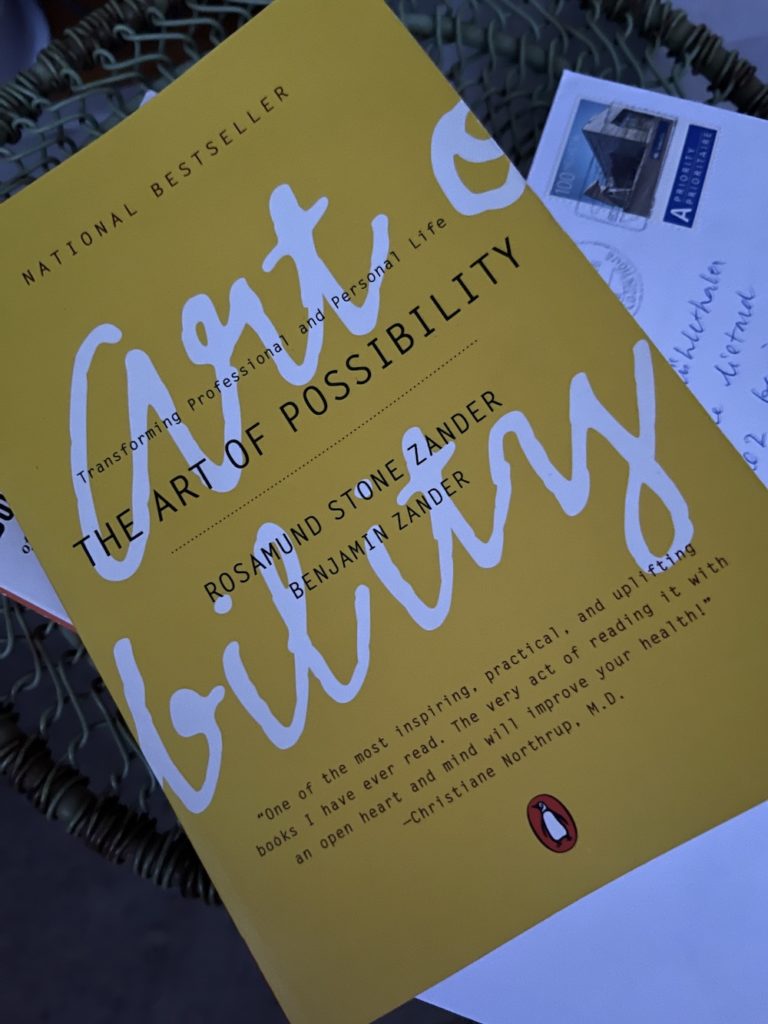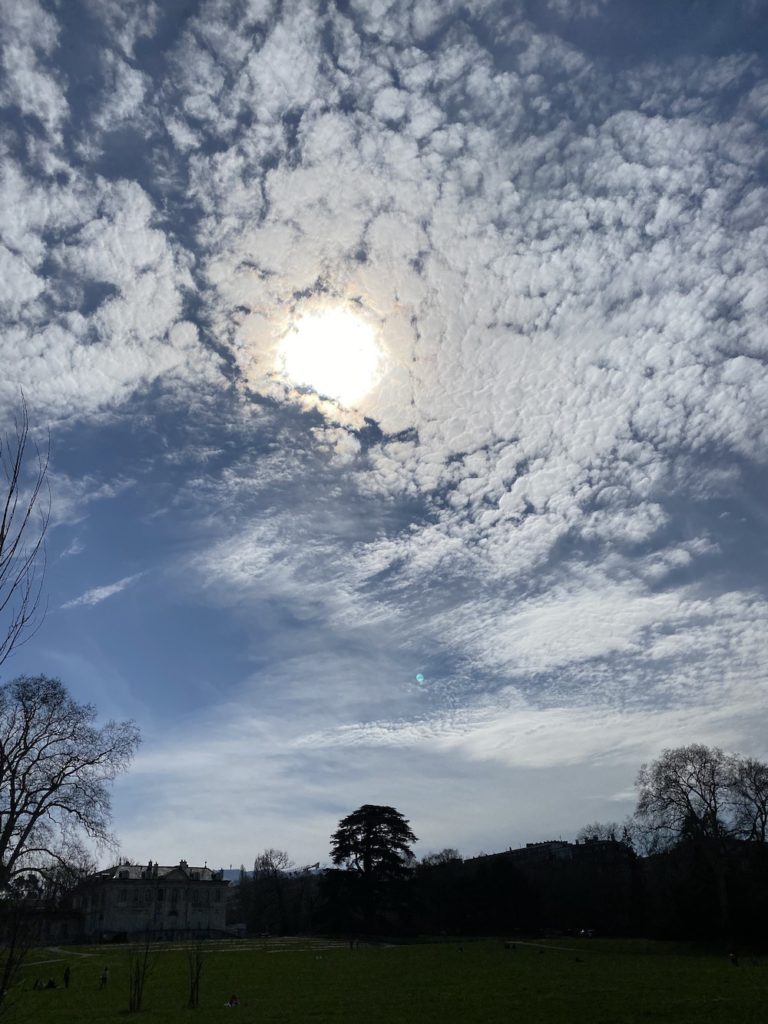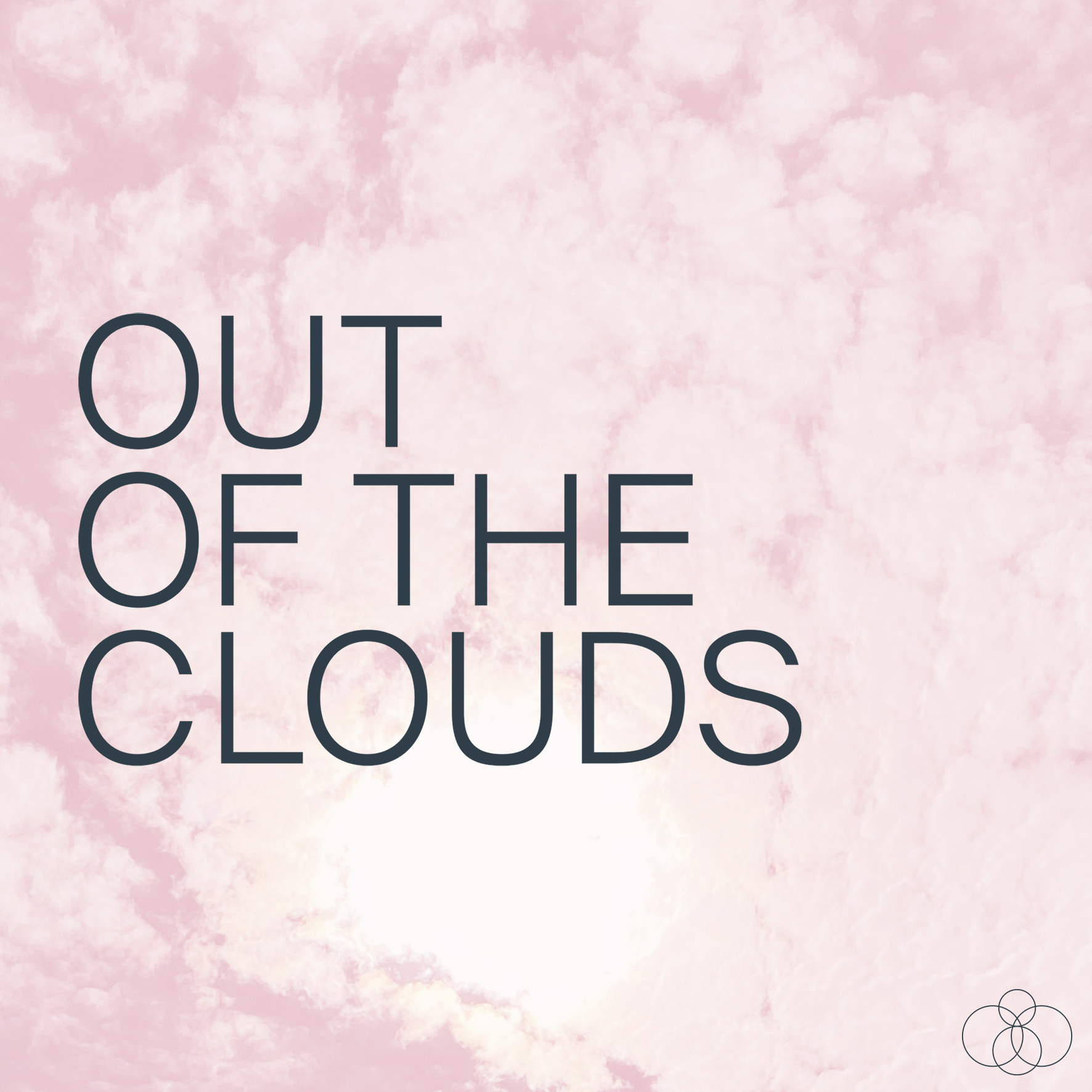Episode Notes
In this solo episode, host Anne Muhlethaler was inspired by the fact that Geneva, her hometown where she currently resides, felt like the centre of the world as the city hosted Presidents Biden and Putin for the US/Russia summit, essentially happening a stone’s throw away from her home.
The conversations picked up in the press prompted her to explore relationships as systems, how feedback offers about the person giving it, as well as our interconnectedness and what life can look like, when we embrace the other as one of us and shift from telling the I story to the story of WE. She closes on this quote from Sylvia Boorstein
“Ultimately it’s not the stories that determine our choices, but the stories we continue to choose.”

Selected Links from Episode
Full written post – The WE story on AVM.Consutling
Thanks for the Feedback, a book by Douglas Stone and Sheila Heen
The Art of Possibility, a book by Roz and Benjamin Zander
The Parable of the Prickly Porcupine
Navigating conflict with a wise heart, a talk by Tara Brach
Full Episode Transcript

It’s a funny feeling when all eyes are set on what I considered until last summer to be my backyard. Et oui! The Russia and USA summit in Geneva took place in the Parc de la Grange, which my previous apartment overlooked directly.
The Villa de la Grange, where the two heads of state go head to head, was coincidentally the backdrop of a meaningful image that I took on my first outing during our first lockdown last March.
While the trees showed almost no sign of the spring to come during this fresh and strange stroll outside, I captured a hazy cold sun brilliantly shining through the clouds. It became the basis of the artwork for the podcast Out of the Clouds. Funny that.
Geneva feels paralysed due to the security measures in place for the summit. Stuck at home, on my balcony, I wish I could see what’s happening over there. Wait for it! I only have to click on this Guardian notification to be transported across the lake.
LOOMING CONFLICTS
My main source of daily news is an Italian program called ‘Rassegna Stampa’ by Rai Radio 3 Mondo: great for my Italian and its quality reporting. While I was making my coffee earlier this morning, the journalist noted that today’s meeting had an ‘arietta’, or a little air (breeze), of Cold War to it.
Later, I heard on a US show about a US poll that revealed 58% of Americans wanted Biden to take a tough stance towards Putin, and 42% preferred a cooperative approach. But I ask you: what would toughness serve? What does it mean? How cooperation interesting?
RELATIONSHIPS AS SYSTEMS
Very fittingly, I am re-reading ‘Thanks for the Feedback’, a seminal book by Harvard professors Douglas Stone and Sheila Heen that I was introduced to at the start of the altMBA, back in October 2017. To prepare for the course and read the dozen of books we were asked to get through before the start, I had taken myself on a long weekend retreat in Ibiza (I love nothing more than reading on a sun lounger). As a testament to that time, I kept a flyer for a sailing tour of the Balearic Islands, which I’d used as a bookmark.
During this second discovery of the text, what stood out for me is this invitation from the authors – in the context of problem-solving and offering feedback of course – to ‘identify the relationship system’.
The concept sounded complex and yet stuck with me; I hope you’ll feel the shift as I did when I kept reading:
Here system is defined as: ‘[…] a set of interacting or interdependent components that forms a complex whole. Each part in the system influences other parts in the system. Changing one thing has a ripple effect elsewhere.’
I let myself digest this and thought: of course, the system speaks to our interconnectedness. Seeing relationships as systems enhances the visibility of our profound interconnected nature. The idea landed softly. A-ha.
INFLUENCE AND THE SYSTEM
In a keynote and workshop I delivered last week, I leaned on a wonderful quote by professor Nicholas Christakis, whose research at the Yale Institute for Network Science showed the following:
“If one person acts fairly, it impacts three degrees of separation away from them.”
Some of us walk in the world as if they were islands. Completely independent. Others shrug when thinking of the consequences of their actions. But here, when we take the lens of our relationships as systems, working on the basis of interconnectedness, we can take shared responsibility for the state of the relationship and it opens up possibilities otherwise outside of our field of vision.
Stone and Heen offer their expertise in adding: “When something goes wrong in a system, we each see something the other doesn’t.” From our high horse, a polarised position of you vs I, us vs them, we miss the other’s experience. From this limited vantage point, we only see our own perspective, even for those of us using the wondrous tool that is empathy.
They add:
“Insight number two: each of us sees only part of the problem (the part the other person is contributing). Systems insight number one is this: each of us is part of the problem. Maybe not to the same extent, but we’re both involved, each affecting the other.”
So: when we try to solve a problem, we only see our side of the story.
When we see ourselves as part of a system, we invite the possibility of seeing the other side of said story.
We understand the nature of our connection to each other.
We also know that our actions reverberate up to three degrees away from us.
Knowing all this, one can easily conclude that the power of our thoughts, words and actions is very tangible. Act fairly, it will touch your neighbours’ friends or colleagues and family members.
So back to… feedback:
When something’s gone wrong, we try to fix it. And in fixing, we try to feed back to the other or to the group, unaware of our blindspots, oblivious to the other side’s perspective.
In addition to that, many other factors come into play: our intentions are sometimes muddled and mixed, self-serving in some way. Our values are not always expressed or lived in black and white. Our brain’s hardwiring also impacts our reactions. The final straw: negative feedback attacks our sense of identity when it doesn’t match who we think we are. No wonder it’s so hard to communicate effectively. It’s a minefield.
FROM I TO WE
Inspired as I was by my earlier excursions back into the wonderful world of Benjamin and Roz Zander, I picked up their book ‘The Art of Possibility’ which I’d so far only listened to as an audio book. Make no mistake I love reading a physical book, but in this case the audio version is so exceptional due to the narrators’ tones and the immersive additions of swelling concertos and symphonies, I’d thought it unnecessary to pick up the print copy which I’d received at the same time as ‘Thanks for the Feedback.’
But as I geeked out on this study, I felt a clear connection from one book to the other so I grabbed my copy and jumped to the final chapter, called ‘Telling the WE story.’
This capital WE is defined as a new entity that personifies the ‘togetherness’ of you and me and others, which can be uncovered in any relationship, community or organisation.
Ben offers: ‘The WE appears when, from the moment, we set aside the story of fear, competition, and struggle, and tell its story. […] It points to relationship rather than to individuals, to communication patterns, gestures, and movement, rather than to discrete objects and identities. It attests to the in-between.’
The in-between. Pause. I’ve read that somewhere else. We can consider the space between us as empty or consider it as a field of possibilities, full of energy. But what happens when this energy falters?
A ‘WE’ STORY
Back in 2019, I got the clear sense that one of my dearest friendships was in trouble. We’d been living far apart for many years, our lifestyles were as different as our careers and family status, so of course, it would have been easy to shrug it off, justifying this by thinking that we are simply moving in different directions.
I’d felt hurt for some reason or another (which, ashamedly I cannot recall right now) and I leaned onto a coach to help me figure out how to approach my friend to discuss it.
It took a nice long lunch and a bit of courage to express whatever was disturbing me and how I was experiencing her behavior. My friend looked right at me across the table and to my surprise, shared her own experience of how I’d failed her, in particular being hurt when I didn’t attend a landmark birthday.
Further into the conversation, she noted how I regularly say ‘I don’t want to talk about it’ when something is weighing heavy on my mind, leaving her with little option to connect. She sort of flatly offered: “You say you don’t want to talk, so we don’t talk.”
Feedback is often expressed as “ This is how you are, and that’s the problem.” But in relationships, “this is how you are” really means “this is how you are in relationship to how I am.” And that’s precisely what this conversation with my friend was revealing to me.
Yikes, that was a hard pill to swallow. We were both a little misty-eyed by the end of the meal. Neither of us had wanted to hurt or upset the other. We both deeply care about our friendship despite the different trajectories our lives have taken. Sitting there, facing each other, I was also facing someone else’s reality. From my fancy vantage point and my experience, I’d had no understanding of the ways in which I had let her down, so preoccupied I was with my story. I thought I saw the whole picture. What a mistake that was.
“It takes the two of you being the way you are to create the problem. That’s how systems work.” – Thanks for the Feedback
WE NEEDLE EACH OTHER
There is no human existence without conflict. Over the time that I’ve studied with Tara Brach, I heard her share a few times, especially in this important talk about Navigating Conflict with a wise heart, the parable of the prickly porcupines, which you can also discover here. Like these little mammals, we are wired for connection: we need to get close to huddle for warmth and when we do so, our prickly backs needle each other. We either pull apart, due to the disturbance or the injury, creating distance, and in so doing expose ourselves to loneliness (and in their case, potential death) or we choose to get back in close, learning to sustain little injuries and accepting that these wounds are part of the system of relationship we are in.
Learning to get off the high horse, practicing inner inquiry with meditation, as well as empathy and non-violent communication are some of the tools that all specialists – including those Harvard professors – use to deactivate conflict and create effective feedback systems.
Ben Zander sums it up beautifully: ‘The goal is to move beyond blame and defensiveness and toward understanding, and to produce more durable solutions.’
LEARNING TO TELL THE STORY WITH THE OTHER
Tara Brach often refers to ‘bad othering’. A loop or system we get into when we believe we are very right and others are very wrong. Suddenly, the other loses their humanity. How can they not see how right and just we are!
In using the lens of a relationship system, we can opt for the WE approach. ‘The practice of the WE gives us a method for reclaiming “The Other” as one of us,’ offers Roz Zander.
It has been a fascinating learning curve to learn to look deeply at others who I am in disagreement with (which include prominent politicians, work colleagues and family members) and not fall into the “bad-othering”. I’m certainly not going to become a political commentator but there is something to be gained by looking at who we are to each other.
Fittingly, by the end of the summit, I heard of Putin’s remarks to a US commentator about recent comments from Joe Biden about him. I’ll paraphrase his answer by saying that what we say about others often mirrors something about yourself.
That’s the thing about feedback. The best thing I’ve learned is that often it says more about the person who gives it, about their values and needs, than it does the receiver. I like to consider it as a gift. Not a gift I necessarily had asked for or like. Like that ugly Christmas sweater, right? Though sometimes, gifts we weren’t keen on can grow on us overtime. The double album of Barbra Streisand live at Madison Square Garden that one of my uncles gave me on my 20th birthday comes to mind. From absolute disinterest to fervent love, that is my one particular journey with that unwanted gift.
So here are suggested practices, borrowed directly from ‘the Art of Possibility’, which I invite you to try out for yourselves.
- Tell the WE story – the story of the unseen threads that connect us all, the story of possibility.
- Listen and look for the emerging entity.
- Ask: ‘what do WE want to have happen here’, ‘What’s best for US?’ – all of each of us, and all of all of us, ‘What’s OUR next step?’
As Ben and Roz Zander like to say, it’s all invented! So we get to choose whether we tell the WE story or the story of the Other.
I’ll finish with this quote by Silvia Boorstein:
“Ultimately it’s not the stories that determine our choices, but the stories we continue to choose.”

